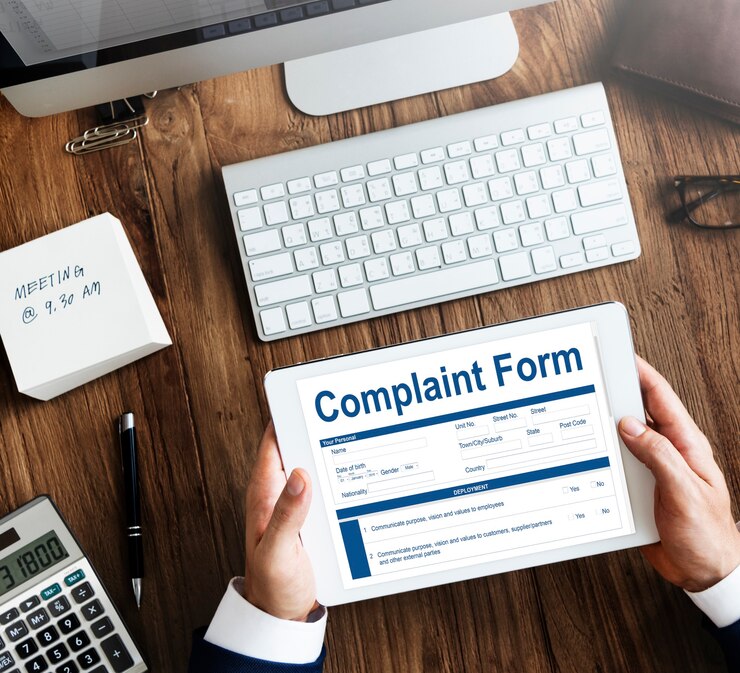Comprehending Complaints
Find out what complaints are and why they are important in a variety of situations, such as customer service and interpersonal interactions. The elements of a complaint are dissected in this subject, along with their importance in communication. Learn about the psychology of complaint and how to properly handle them.
Categories of Complaints
Examine the various complaint categories that you could run into, from personal disputes to product malfunctions. Recognise the fundamental causes of each kind and pick up specialised techniques for solving them. This module gives you the tools to effectively classify and manage complaint.
Empathy and Active Listening
Learn how to handle concerns with kindness and active listening. Learn how to validate the complainant's sentiments and gain a true understanding of their perspective. The emphasis of this lesson is on the value of empathy in establishing rapport and successfully resolving conflicts.
Strategies for Effective Communication
Examine communication techniques that promote productive discussion and problem-solving. Develop your ability to speak politely, assertively, and coherently even in difficult circumstances. This module gives you the useful tools you need to handle complaints with assurance.
Strategies for Resolving Conflicts
Explore dispute resolution strategies designed to handle complaints. Learn how to identify common ground and come to win-win solutions through negotiation and mediation. This module gives you the ability to use complaints as a springboard for success.










